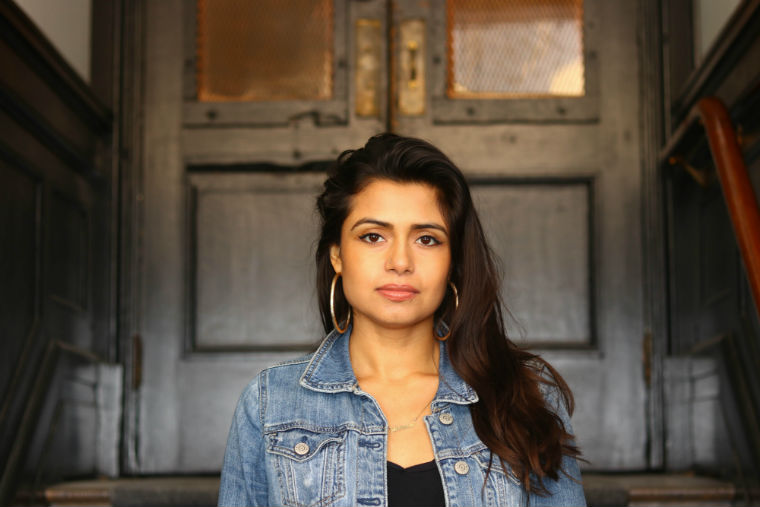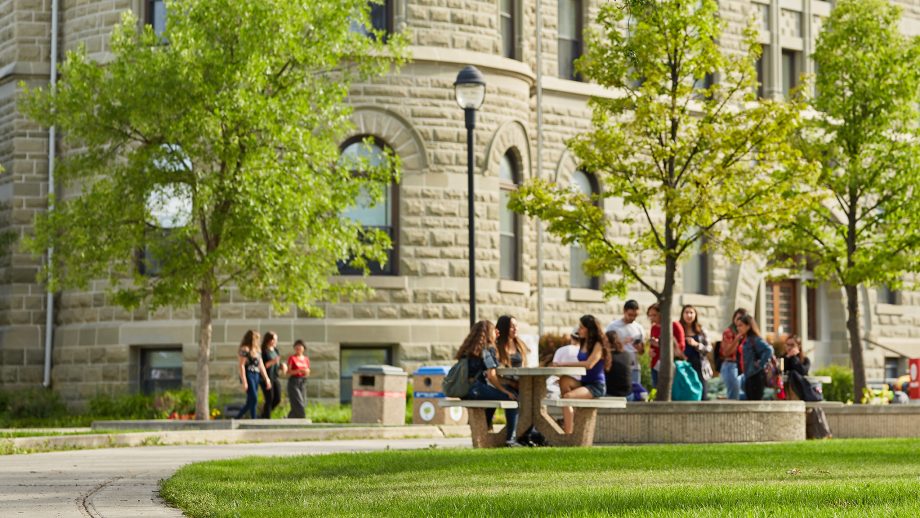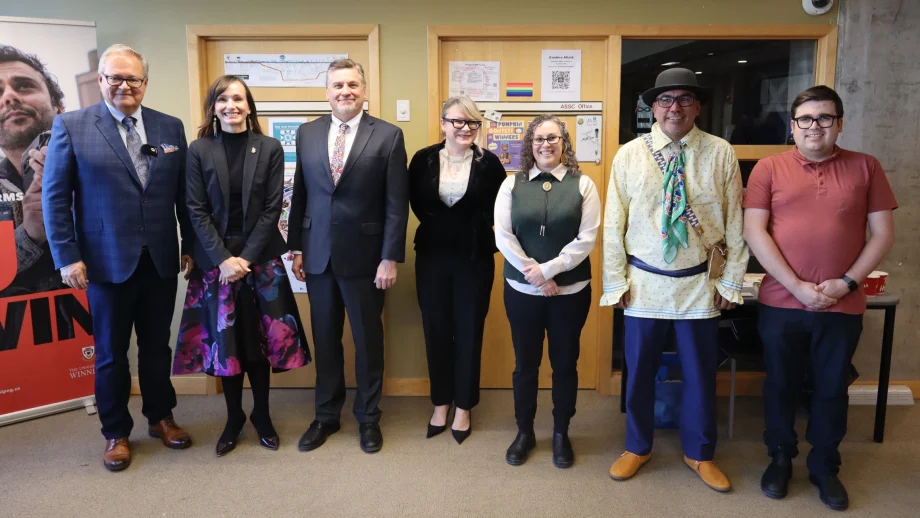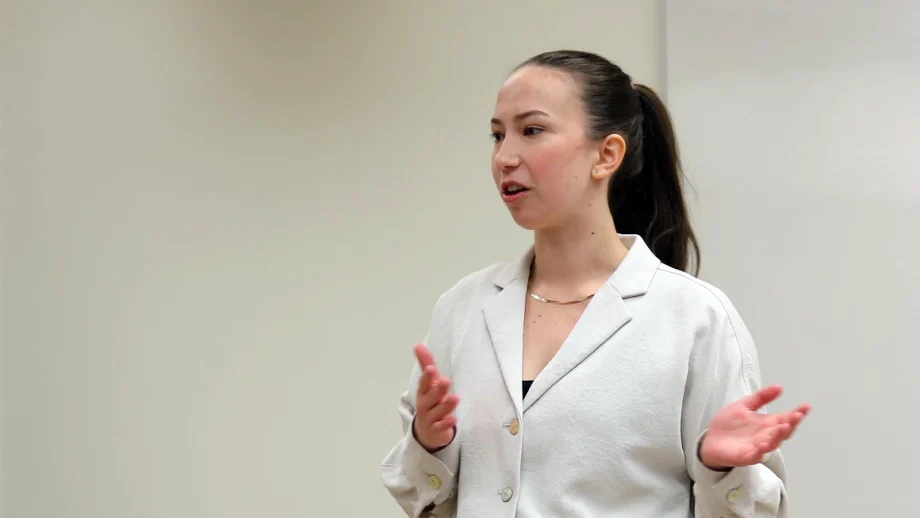Jazmin Alfaro is passionate about oral history and the authentic stories of Indigenous people. As a Masters student in UWinnipeg’s Indigenous Governance program, in April she attended a unique workshop with 17 other delegates from around the world in New York City offered by the United Nations.
“I believe in participatory research that is action-oriented, which means empowering Indigenous people to tell their stories and making sure the resources are there to do that,” said Jazmin. “My goal as an academic is to access sacred spaces and build bridges between academics and the community in an equitable relationship.”
Jazmin has a unique background and vantage point. She moved to Winnipeg at age four from El Salvador, where she felt forced to identify as “Spanish.” Recently, she reclaimed her Native American heritage as Nahua Xicana and is working on retracing her roots further. A resurgence of acknowledgement and pride in Indigeneity is occurring in El Salvador. As in many countries, Indigenous people faced genocide, persecution, dispossession, and marginalization, and it was not until 2014 that Indigenous peoples in El Salvador were recognized within their constitution.
“I have always been drawn to an Indigenous worldview, and I pursued my undergraduate degree in environmental science to explore how humans interact with the environment and to rediscover our relationship with the land,” said Jazmin. Once she graduates from UWinnipeg in spring 2018, she hopes to pursue a second Masters degree in communications at Western University.
The UN Project Access Capacity Building Training Workshop for Indigenous Peoples, held in April 2017, allowed 18 Indigenous delegates from around the world to learn how to raise the visibility of their diverse yet similar issues affecting their communities, lands and resources at the United Nations.
Following the training workshop, Jazmin participated in the annual session of the UN Permanent Forum on Indigenous Issues.





